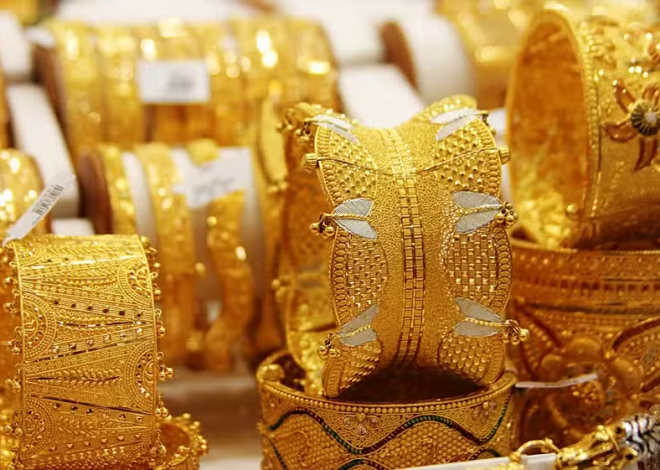
Pakistan to Introduce New Polymer Currency Notes by Year-End 2024
Pakistan is set to replace all of its existing currency notes, ranging from Rs. 10 to Rs. 5,000, by the end of this year, according to an announcement by Governor State Bank of Pakistan (SBP) Jameel Ahmed. The governor shared this significant development with the Senate Standing Committee on Finance and Revenue during a recent briefing.
The SBP is planning to introduce new currency notes made from polymer, a material that offers enhanced durability and security features compared to traditional paper notes. The decision to shift to polymer notes is driven by the need to combat counterfeiting, which has been a persistent issue with the existing currency notes.
Governor Jameel Ahmed revealed that the process of introducing these polymer notes will begin once the federal cabinet grants its approval. Initially, a test note made from polymer paper will be introduced to evaluate its performance in terms of durability, usability, and security. If the test proves successful, the new notes will be gradually rolled out across the country.
The governor also addressed concerns raised by the committee regarding the potential misuse of the Rs. 5,000 note, particularly in the informal market. Despite these concerns, the SBP has no plans to demonetize the Rs. 5,000 note. Instead, it will be included in the new series of polymer notes. Governor Ahmed emphasized that the responsibility for preventing the misuse of high-denomination notes lies with law enforcement agencies, not the central bank.
The introduction of new currency notes marks a significant step in Pakistan’s efforts to modernize its financial system. The move to polymer notes is part of a broader initiative to enhance the security of the nation’s currency, making it more resistant to counterfeiting and other forms of financial crime.
The new currency notes are expected to feature updated designs and advanced security features, making them more difficult to replicate. The SBP is working closely with international suppliers to ensure that the new notes meet global standards for durability and security.
The decision to update the currency comes at a time when Pakistan is grappling with economic challenges, including inflation and currency depreciation. The introduction of new notes is seen as a measure to restore public confidence in the national currency and strengthen the overall financial system.
As the year progresses, more details about the design and distribution of the new notes are expected to be released. For now, the public can anticipate the arrival of the new polymer notes, which will soon become a part of their daily transactions.







